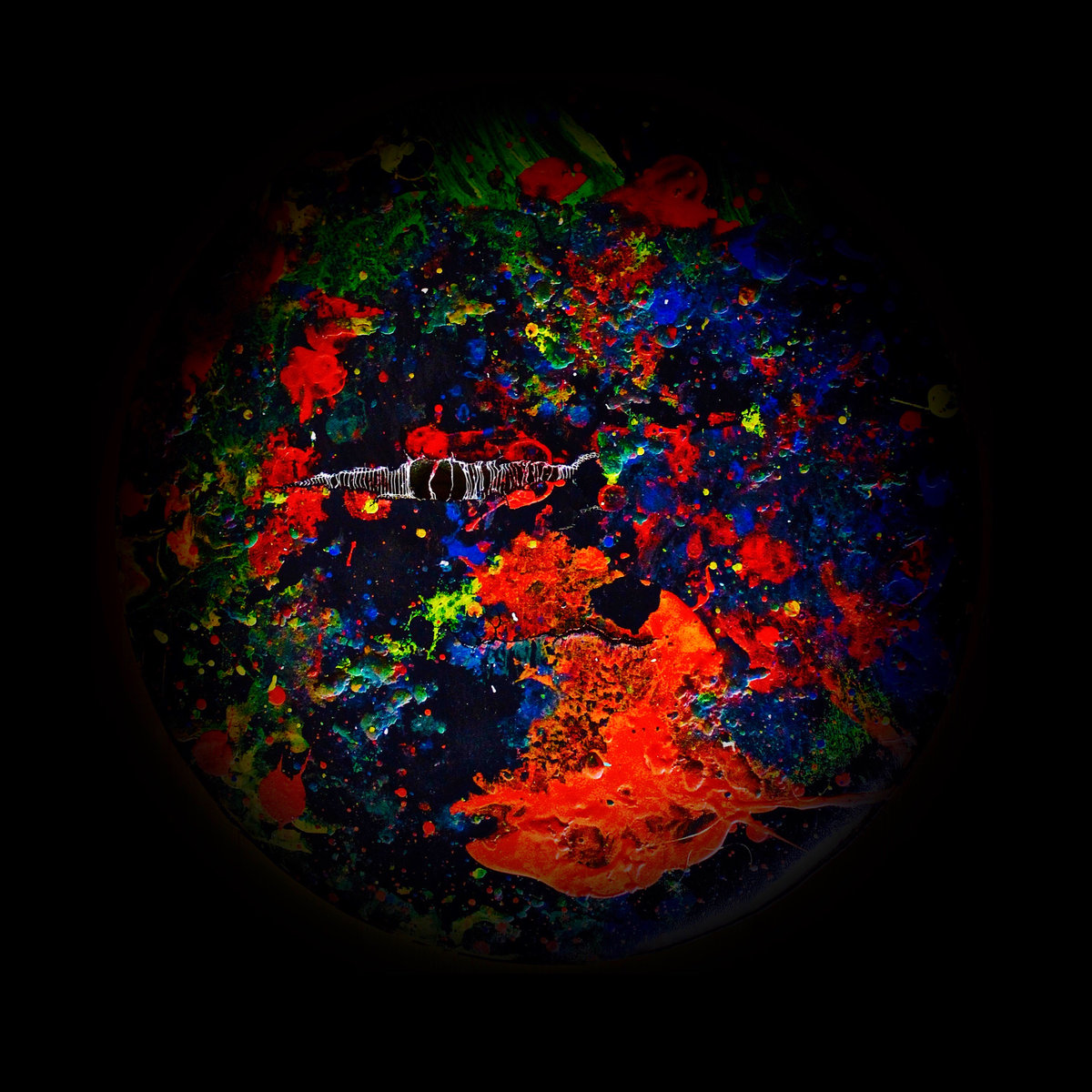Phillipe Roberts
MIKE’s latest release, his second in as many months, is less a rebirth than a gathering of inertia. With a build to match his slumbering giant vocal delivery, the Bronx rapper clambers to the top of his class one hulking bar at a time on Renaissance Man, a brisk and breezy record crackling with both low-to-no fidelity hiss and the generous spirit that’s quickly becoming his calling card.
In his beat selection, MIKE’s deck stacks towards the vaporous and disorienting. Synths ooze and slither; micro-samples drown at distances too far out to be recognized; drums swallow one another, smeared across the mix in a slimy, yet satisfying grab-bag cocktail. Lesser rappers might lose their way in such foggy conditions, but the backbeat blitz serves MIKE well, running cover as his sturdy, booming voice barrels through your lowered defenses.
“Goliath Goliath” is the finest execution of this play. A voice distorts in robotic, stuttering quarter-time, SNES samples blip left to right, a sound like dry joints rotating in a socket ripples through your eardrums; it’s a minefield of confusion until MIKE charges in with even meters, steady and sure. The effect is a grounding juxtaposition to the nauseating surroundings. He’s not afraid to invert the formula, however. If “Goliath Goliath” is treading water, “Sidewalk Soldier” has lungs half-filled with ocean. MIKE’s voice, doubled and occasionally tripled, slips and slides out of phase with itself: “The beast on the prowl for the bread in his whip / No leash on my doubt, I'm expecting a threat.” He’s sleepwalking over danger, sounding like he’s rapping to a beat that’s barely leaking through concrete walls.
That sense of sure-footedness, of stable focus in the face of chaos, seems central to the mythos MIKE is creating around himself with every subsequent release. The track titles alone (“Goliath,” “Sidewalk Soldier,” “Resistant Man”) are enough of an indication. A peculiar moral indignation, a righteous, eye-of-the-storm calm curls around the core of his work. Look no further than the repetition of “The truth is on its way” in the coda of “Time Will Tell,” or how the following sound collage track, “Why I’m Here,” breaks down shame towards the black American dialect, making a case for it as—in his choice of sampled words—“a genuine dialect of English.” If you’re on his list (like the ones he’s surpassed by “ducking all your feedback” on “Sidewalk Soldier”), MIKE may not be coming for you just yet, but he’s sharpening his technique, biding his time for the knockout blow.
Seeing him for the first time, opening a hodgepodge lineup with psych-rockers CRUMB and Cumbia group Combo Chimbita, I found myself struck by the insular cocoon of friends that swarmed around MIKE on stage, some heading out into the crowd to dance for a beat or two before hopping back on to deliver a doubled verse. They egged him on before every track, shouting out requests while being a part of the show themselves. MIKE glowed with the energy of a person whose friends have finally nudged him into the spotlight. Song by song, with peaks and valleys, you could tell he was starting to feel it too. Renaissance Man captures that mood for the first time in his discography—after building his inertia steadily for years, MIKE is starting to feel himself. It’s a great look on him, and a graceful leap forward.





